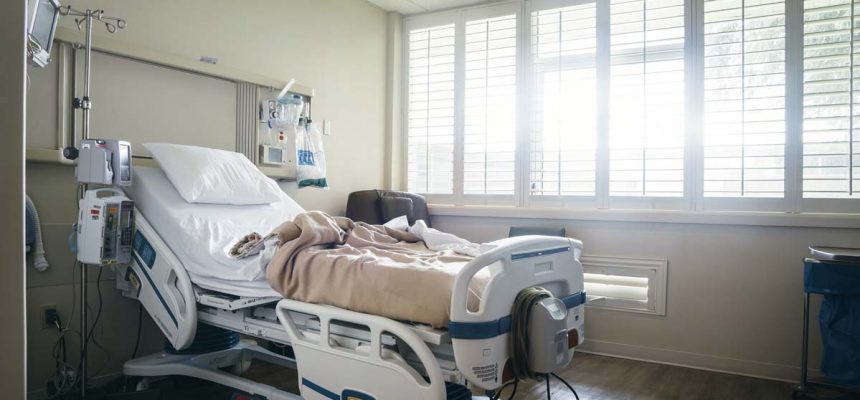“Ghost Networks” Hurt Vulnerable Consumers
By Consumers For Quality Care, on July 2, 2019

Jack Turban was training to be a psychiatrist when a senior doctor said that he should have a therapist too. Understanding himself better would only increase his ability to help his patients, the doctor explained to Turban. However, when Jack took the advice to heart and began calling around to in-network providers he found a ghost network, he writes in STAT.
“Ghost networks” or “phantom networks” are often used to describe provider networks, like Turban’s, that are outdated and incorrect.
Some of them were dead. Many weren’t taking new patients. Others didn’t take my insurance. I couldn’t find a single psychiatrist on the list to see me.
Turban had not realized how common ghost networks are but recent research highlights just that. One study called 360 psychiatrists listed on Blue Cross Blue Shield’s provider networks in Houston, Chicago, and Boston. Some of the numbers listed reached McDonald’s or jewelry stores. When the numbers did connect to a psychiatrist’s office, many of the doctors said they were either not in-network with Blue Cross Blue Shield or not accepting new patients. The study found that when each listed provider was called twice, researchers were only able to make appointments 26 percent of time. A similar study found that appointments could be made just 17 percent of the time for pediatric psychiatrists supposedly in-network with Blue Cross Blue Shield.
Turban stresses just how upsetting this scenario could be for a consumer trying to tackle a mental illness.
Imagine realizing (or acknowledging) that you have depression — a defining feature of which is loss of motivation — and start looking for a psychiatrist. After calling a McDonald’s, a jewelry store, and providers who say they don’t take your insurance but will be happy to see you for $250 per hour that you must pay out of pocket, you’ll likely be inclined to give up.
For consumers with severe mental illnesses, setbacks like these can cause devastating consequences, including arrest, self-harm, or suicide.
While the problem appears to be acute for psychiatry networks, a 2016 survey from the Centers for Medicare and Medicaid Services found it happens for other specialties as well.
Maybe insurance companies don’t know their lists are inaccurate. Maybe they do but choose not to do anything about it. A more alarming possibility is that some companies intentionally keep the lists inaccurate to save money by preventing access to mental health care. After all, ghost networks benefit insurance companies: If it’s hard to find a provider who takes your insurance, it’s less likely you will access services that the insurer will have to pay for.
Massachusetts State Senator Cindy Friedman says that insurance companies have known about their ghost networks for a long time but have not done anything to correct them.
“It’s difficult not to assume that this kind of barrier is intentional.”




